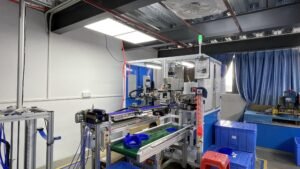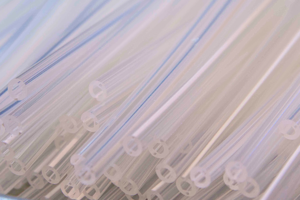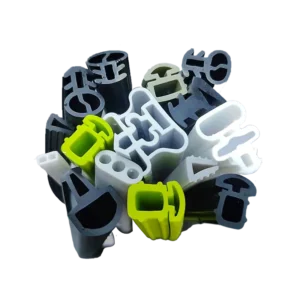Silicone seals are indispensable components in many industries due to their versatility, durability, and superior performance characteristics. They come in various forms, each designed to meet specific requirements and applications. In this comprehensive guide, we will explore the major categories of silicone seals, highlighting their unique features, benefits, and common uses. By understanding the different types of silicone seals, businesses can make informed decisions when selecting the right sealing solutions for their needs.
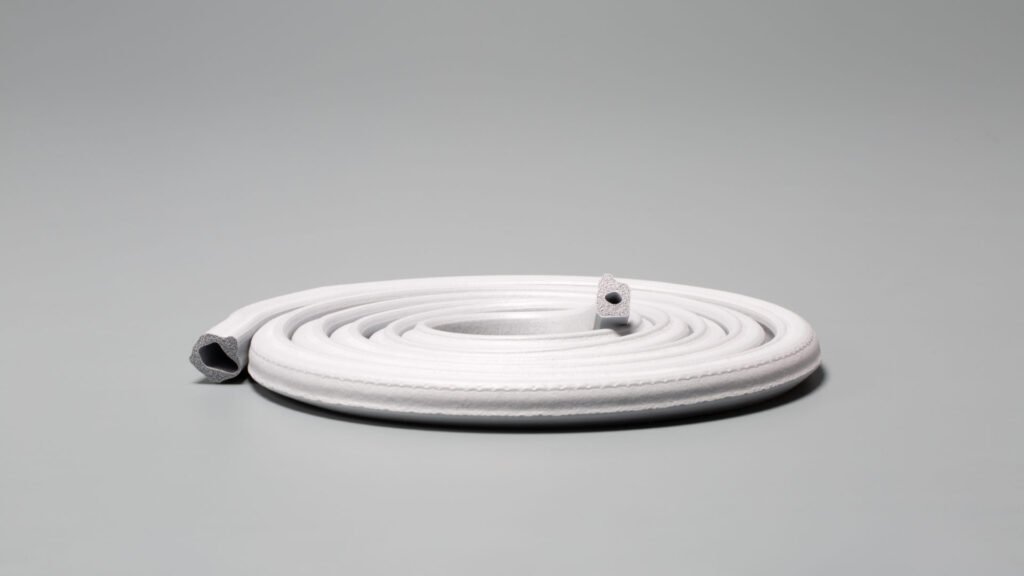
Key Categories of Silicone Seals
1. O-Rings
O-rings are one of the most common types of silicone seals. They are circular in shape and designed to fit into grooves to create a secure seal between two parts. O-rings are widely used in industries such as automotive, aerospace, and plumbing due to their simplicity and effectiveness.
Characteristics of Silicone O-Rings:
- Temperature Resistance: Can withstand extreme temperatures, making them suitable for various applications.
- Chemical Resistance: Resistant to a wide range of chemicals, ensuring longevity and reliability.
- Flexibility: Provides a tight seal even in dynamic applications with movement or pressure changes.
- Durability: Long-lasting and able to endure repeated use without significant wear.
2. Gaskets
Silicone gaskets are used to fill the space between two or more mating surfaces, preventing leakage from or into the joined objects. They are commonly used in industries such as automotive, electronics, and food processing.
Characteristics of Silicone Gaskets:
- Customizable Shapes: Can be cut or molded into various shapes and sizes to fit specific applications.
- High-Temperature Tolerance: Ideal for applications involving high temperatures.
- Elasticity: Maintains a strong seal under pressure and vibrations.
- Waterproof: Provides an effective seal against liquids, making them suitable for waterproof applications.
3. P-Seals
P-seals, named for their distinctive P-shaped cross-section, are used primarily in sealing applications that require a high level of flexibility and resilience. They are often found in automotive, marine, and aerospace applications.
Characteristics of Silicone P-Seals:
- High Flexibility: Can adapt to irregular surfaces and shapes, providing a reliable seal.
- Excellent Compression Set Resistance: Maintains its shape and sealing capabilities over time.
- UV and Ozone Resistance: Suitable for outdoor applications where exposure to UV and ozone is common.
- Versatile Applications: Used in door seals, hatch seals, and other similar applications.
4. D-Seals
D-seals are another specialized type of silicone seal, characterized by their D-shaped cross-section. They are commonly used in applications that require a strong and durable seal, such as in windows, doors, and enclosures.
Characteristics of Silicone D-Seals:
- Strong Sealing Capability: Provides a robust seal against environmental factors.
- Ease of Installation: Can be easily installed in grooves or adhered to surfaces.
- Durability: Resistant to wear and tear, ensuring a long service life.
- Wide Range of Sizes: Available in various sizes to fit different applications.
5. U-Seals
U-seals, with their U-shaped cross-section, are designed to provide a secure seal in dynamic applications, such as in hydraulic and pneumatic systems. They are widely used in industrial machinery and equipment.
Characteristics of Silicone U-Seals:
- High Pressure Resistance: Can withstand high pressures, making them suitable for hydraulic applications.
- Dynamic Sealing: Effective in applications with moving parts.
- Temperature and Chemical Resistance: Suitable for harsh environments.
- Low Friction: Reduces wear and extends the lifespan of the seal.
6. Custom Extruded Seals
Custom extruded seals are tailored to meet specific requirements and applications. They are produced through the extrusion process, which allows for the creation of complex and precise shapes. These seals are used in a wide range of industries, from automotive to medical devices.
Characteristics of Custom Extruded Silicone Seals:
- Precision Manufacturing: Can be designed to exact specifications for unique applications.
- Versatility: Suitable for a wide range of shapes and profiles.
- High Quality: Ensures consistent performance and reliability.
- Application Specific: Tailored to meet the needs of specific applications, such as gaskets, tubing, and profiles.
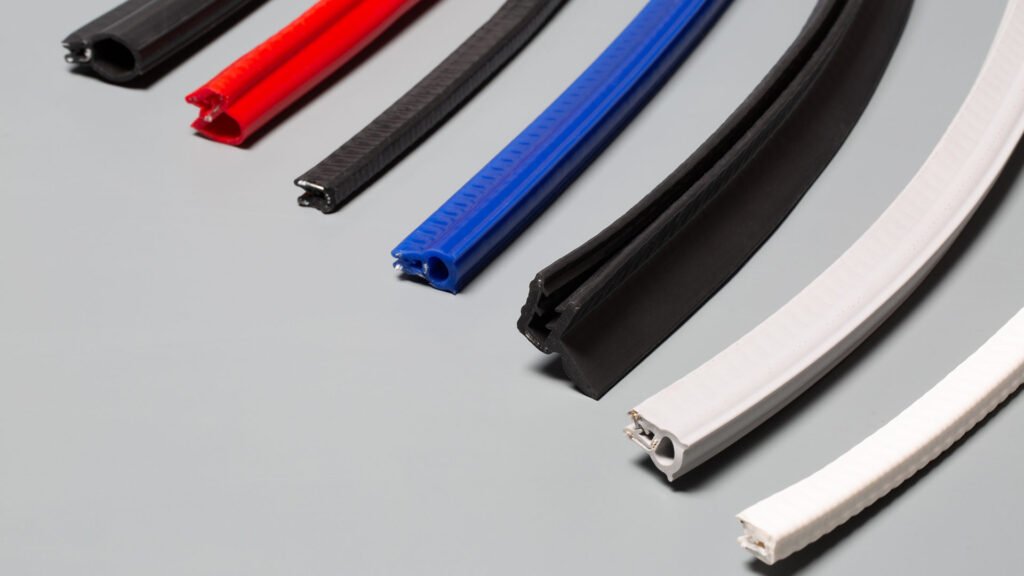
Benefits of Using Silicone Seals
1. Superior Performance
Silicone seals offer superior performance due to their unique properties, such as temperature resistance, chemical resistance, and flexibility. These characteristics ensure that the seals provide reliable and effective sealing solutions in various applications.
2. Longevity and Durability
Silicone seals are known for their durability and long lifespan. They can endure harsh conditions and repeated use without significant degradation, resulting in cost savings over time due to reduced maintenance and replacements.
3. Safety and Compliance
Many silicone seals, especially those used in the food and pharmaceutical industries, meet stringent safety and regulatory standards. This ensures that the seals do not contaminate products and maintain the safety and integrity of the applications they are used in.
4. Versatility
The versatility of silicone seals allows them to be used in numerous industries and applications. Whether it’s for automotive, aerospace, food processing, or medical devices, silicone seals provide reliable solutions that meet specific needs.
5. Cost-Effectiveness
While silicone seals may have a higher initial cost compared to other materials, their durability and longevity result in cost savings over time. Reduced maintenance, fewer replacements, and minimized downtime contribute to overall cost-effectiveness.
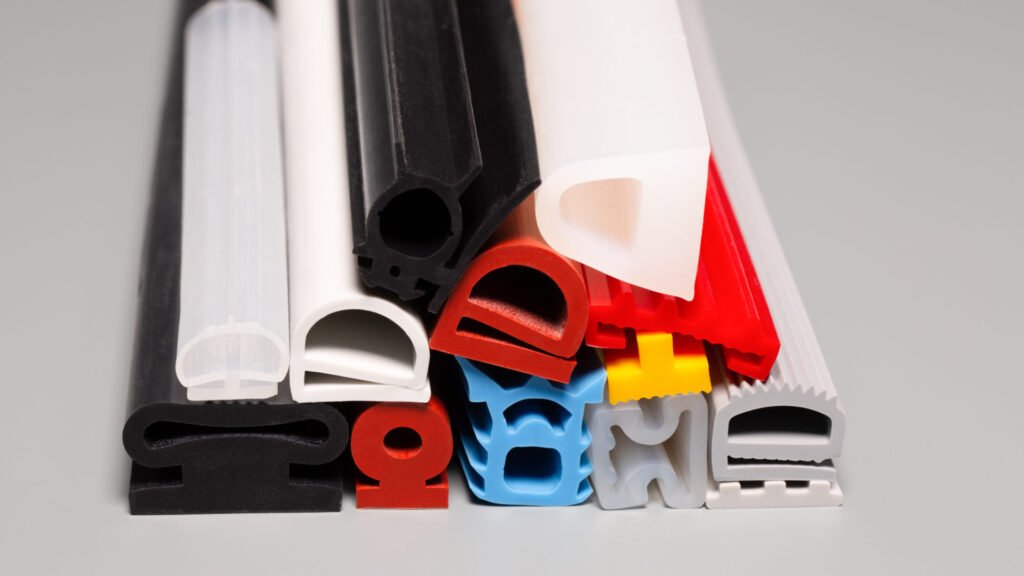
Common Applications of Silicone Seals
1. Automotive Industry
Silicone seals are used in various automotive applications, such as engine gaskets, O-rings, and door seals. Their ability to withstand high temperatures and exposure to oils and fuels makes them ideal for automotive environments.
2. Food and Beverage Industry
Food-grade silicone seals are essential in the food and beverage industry. They are used in processing equipment, packaging machinery, and storage containers to ensure product purity and safety. Silicone seals prevent contamination and maintain the quality of food and beverages.
3. Medical and Pharmaceutical Industry
In medical and pharmaceutical applications, silicone seals are used in medical devices, drug delivery systems, and laboratory equipment. Their non-toxic and biocompatible properties ensure that they do not interfere with medical processes or compromise patient safety.
4. Aerospace Industry
Silicone seals are utilized in the aerospace industry for their ability to withstand extreme temperatures and environmental conditions. They are used in aircraft engines, fuel systems, and cabin pressurization systems to ensure reliable performance and safety.
5. Industrial and Chemical Processing
In industrial and chemical processing, silicone seals provide reliable sealing solutions for equipment exposed to harsh chemicals and high temperatures. They help maintain the integrity of processing systems and prevent leaks, ensuring efficient and safe operations.
6. Electronics Industry
Silicone seals are used in electronic devices and components to protect against moisture, dust, and environmental contaminants. Their insulating properties and resistance to environmental factors make them ideal for sealing electronic enclosures and connectors.
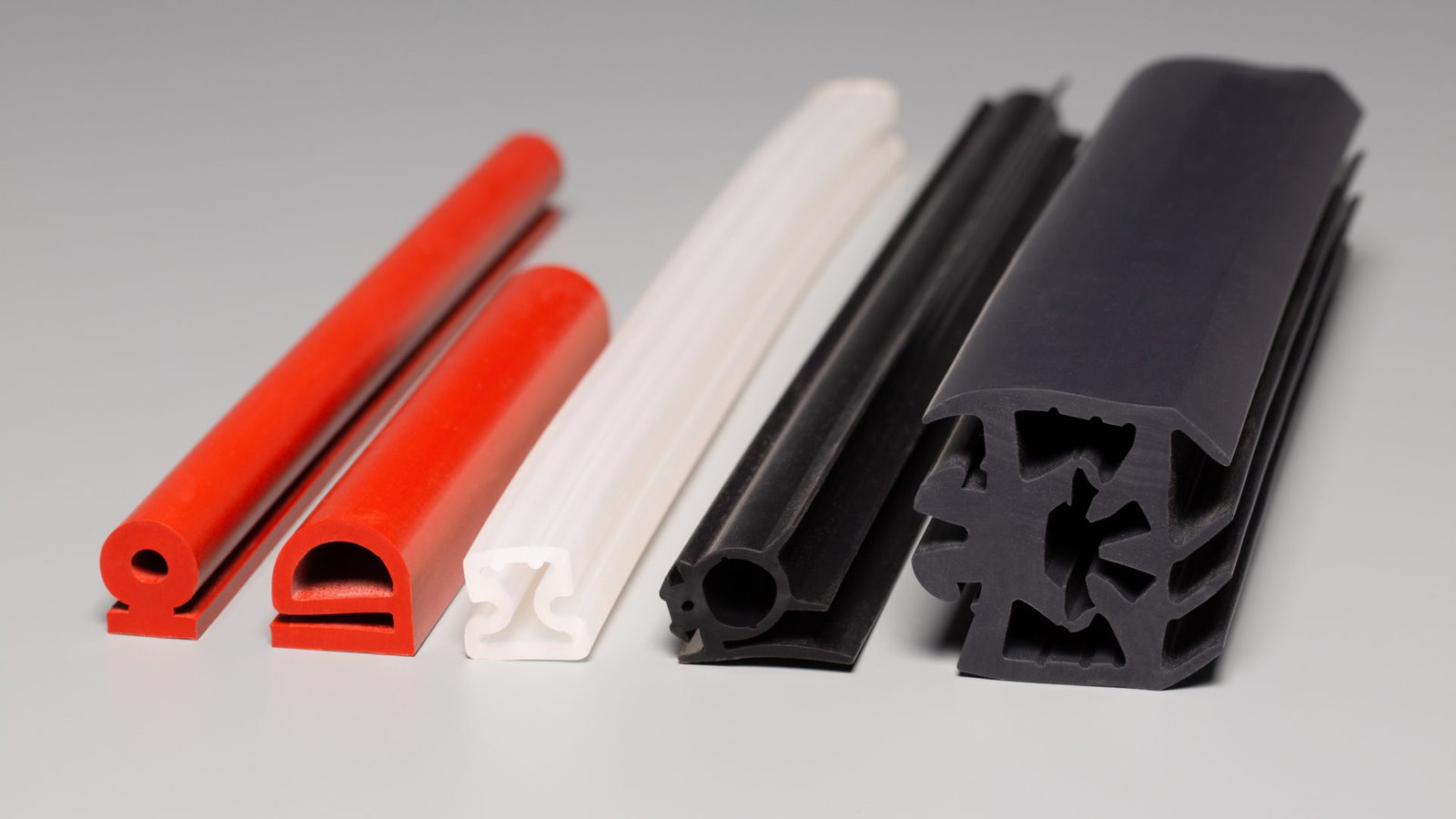
Conclusion
Silicone seals are vital components in many industries, offering a range of benefits due to their unique properties. Understanding the different types of silicone seals and their specific applications allows businesses to select the most suitable sealing solutions for their needs. Whether it’s for automotive, aerospace, food processing, or medical applications, silicone seals provide reliable, durable, and cost-effective solutions that enhance performance and safety. By choosing high-quality silicone seals from a reputable supplier, businesses can ensure optimal results and long-term success in their operations.
4o
